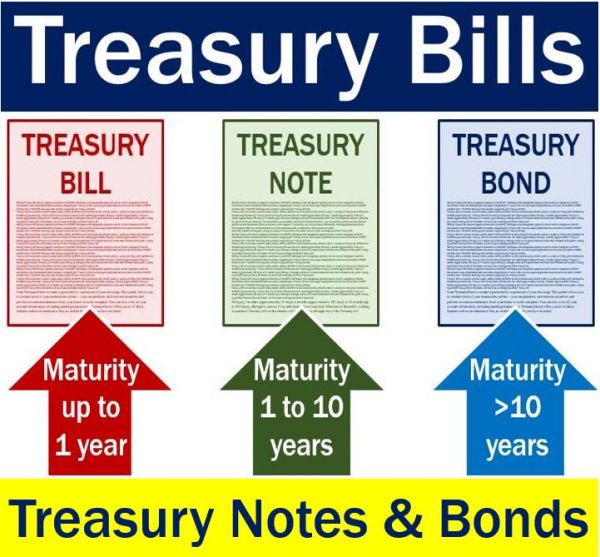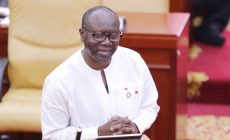According to the report, banks’ overall investment in bills and securities grew by 29.6 per cent (year-on-year) as at December 2017, slower than the 53.0 per cent annual growth recorded in December 2016.
The slower pace of growth was attributed to a 5.3 percent contraction in short-term bills in December 2017, compared with 50.9 percent growth in December 2016.
“The share of securities in total investments increased from 20.0 percent in December 2016 to 41.4 percent in December 2017, while the share of bills declined by 21 per cent,” the report said.
Similarly, the proportion of banks’ investment in shares and other equities declined from 1.9 percent in December 2016 to 1.5 percent in December 2017.
Analysts welcome development
The development, analysts say is in line with government’s avowed aim to grow the private sector.
Economic analyst with GN Research, Mr Emmanuel Zewu said “this is evidence of the growth in credit to the private sector as reported by the Bank of Ghana in its surveys.”
“The amount of loanable funds that the banks give to government has reduced in favour of the private sector; this is because government has refrained from competing with the private sector for funds and so has avoided the crowding out effect,” Mr Zewu explained.
Investment advisor and banker, Mr Michael Cobblah pointed out that banks are rational and will put their funds where the returns are most favourable.
The regime in which T-Bill rates were at 25 per cent and over meant that technically banks were earning more when they invested in them.
“Now that the rates are dropping, it’s irrational to keep their monies in T-Bills and it obviously does not meet the return expectations of their shareholders, meaning they must find other means of deploying the deposits they take and get more than the T-Bills will give,” Mr Cobblah explained.
Banks, he observed had taken to other forms of investments, including direct lending, adding “they throw their monies at sectors they identify are doing well instead of putting their monies in T-Bills.”
“If this continues it will make the banks more creative and look for people they can give money to and make higher returns; the private sector can now have access to the funds which hitherto would have gone into T-Bills,” Mr Cobblah explained.
T-Bill rates have been dropping
At the beginning of 2016, the T-Bill rates for the 91 and 182 days were at 22 and 23 percent respectively. The rates began to drop from January 2017.
The rates dropped to 16.7 percent (91 days) and 17.91 percent (182 days) and trended further downwards to 13.3 per cent ( 91 days) and 13.81 per cent (182 days) in November 2017.
Banks opt for longer-dated instruments
The report noted that banks’ continued to prefer longer-dated securities relative to shorter-dated bills after an assessment of banks’ investment portfolio revealed.
Banks preference for longer-dated securities has become possible because of the declining rates of Treasury bills. This is expected to reduce the cost of funds
Meanwhile, treasury yields dropped ahead of inflation release. The recent stability of the local currency has helped to keep inflation low, which would support a policy rate cut of about 50-100bps in the next MPC meeting later this month.
GSE performing well
Figures published so far show that the Ghana Stock Exchange (GSE) is the best performer in Africa with over 55 per cent gain as at last Tuesday.











 (Selorm) |
(Selorm) |  (Nana Kwesi)
(Nana Kwesi)